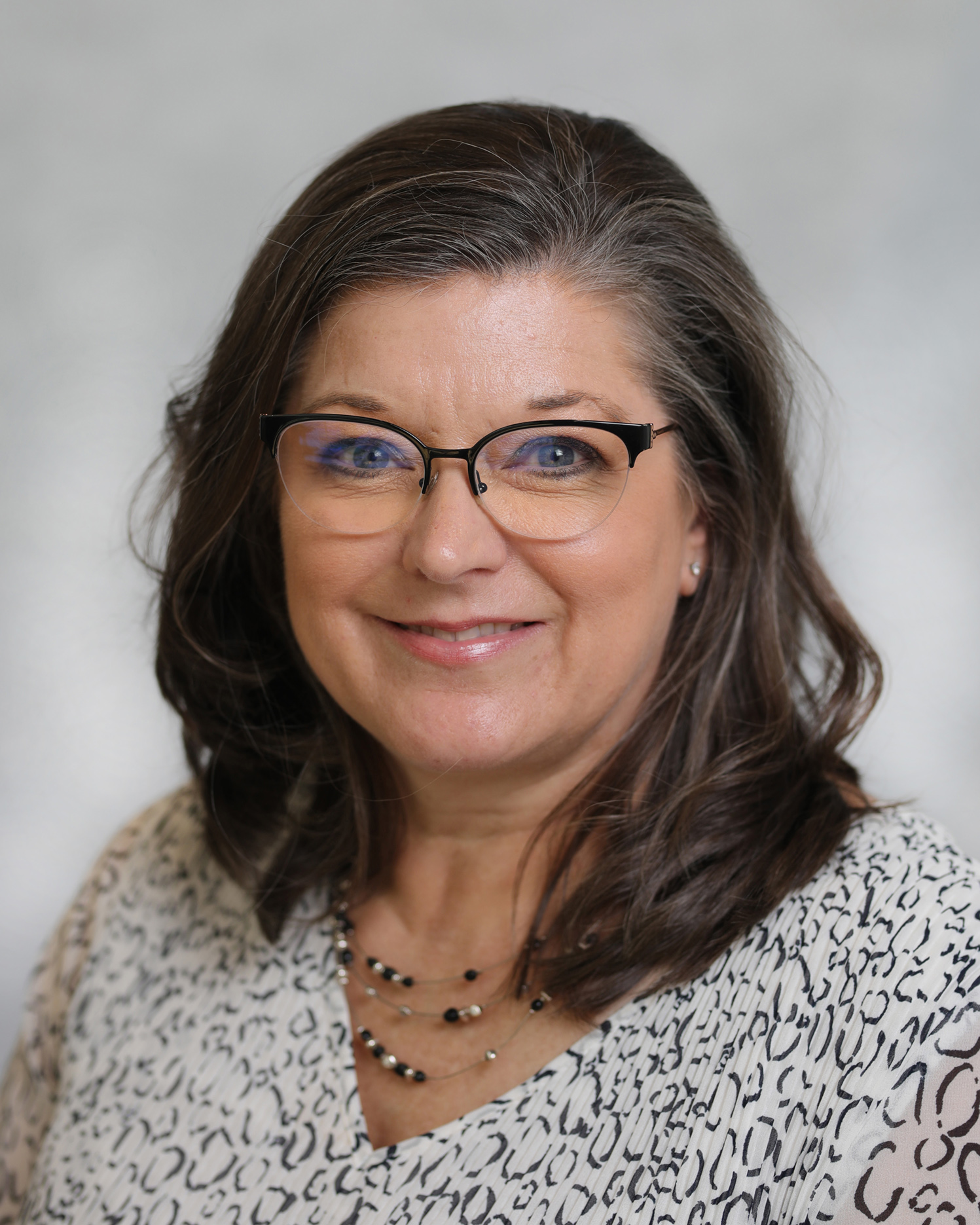Three Ideas for Post-Coronavirus Educational Recovery
There are many ways that schools can proactively address the inevitable and inequitable gaps caused by coronavirus-related school closures.
FirstGen Forward / April 04, 2023

For the past few years, the Association of Community College Trustees has designated April as Community College Month. This month offers an opportunity to highlight institutions that are vital providers of postsecondary education in their communities and identify ways to #AdvocateFirstgen on behalf of the multitude of first-generation students attending these institutions.
We asked Center Advocacy Group member Lori Billenstein, director of TRiO Programs and special projects at Columbus State Community College, for her perspective on the value of community and technical colleges in the higher education ecosystem.
Having “community” within the title of our institutions means we are entrenched in our communities.
Community colleges focus our attention to detail in regards to what students need to be successful. For example, at Columbus State Community College, attention is paid to small details. Our Vice President of Student Affairs recently hosted “input and listening sessions,” providing students with the opportunity to ask questions of the student affairs team. As a result, changes are being put in place from the meeting after listening to students and figuring out how to help them be successful.
Having “community” within the title of our institutions means we are entrenched in our communities. We have partnerships with a variety of companies and organizations, even down to city council. Columbus State built a relationship with Columbus City Schools, the Columbus City Council, and the I Know I Can nonprofit organization and developed a promise program to reduce students’ debt.

That we value first-generation students. Our President is a first-generation graduate. He and his wife created a scholarship program for first-generation students. The program provides up to twenty scholarships in the fall and up to another twenty in the spring (with a smaller number in the summer). These scholarships of $500 help pay for academic and nonacademic costs associated with attendance.
The examples highlighted–listening to student feedback, faculty involvement, community partnerships, leadership engagement–are strong factors in creating an atmosphere that fosters student success. These campus-based examples offer ideas to #AdvocateFirstgen. Taking the time to consider how these ideas might be adopted across a variety of institutional types is one way to celebrate #CCMonth.